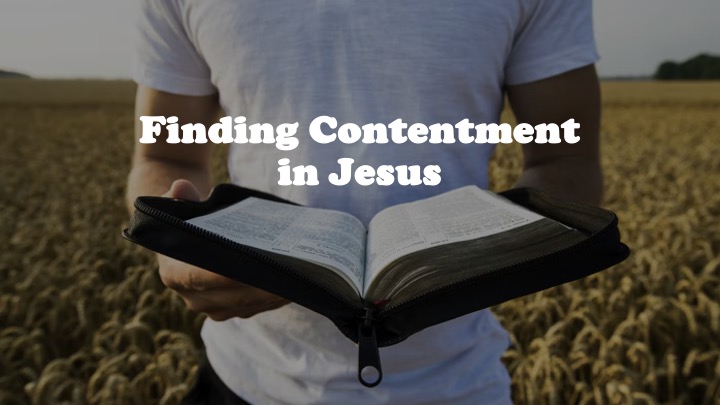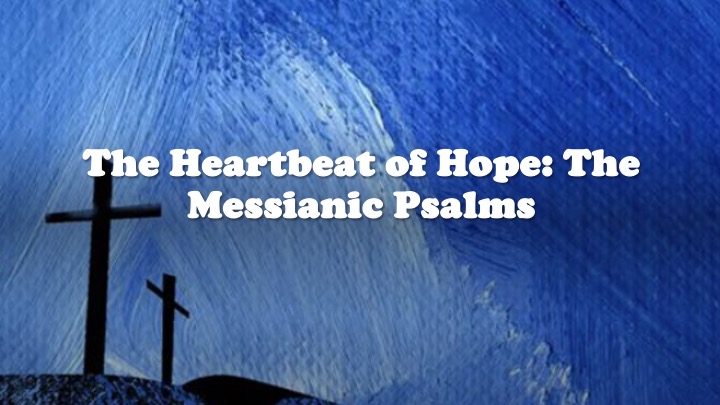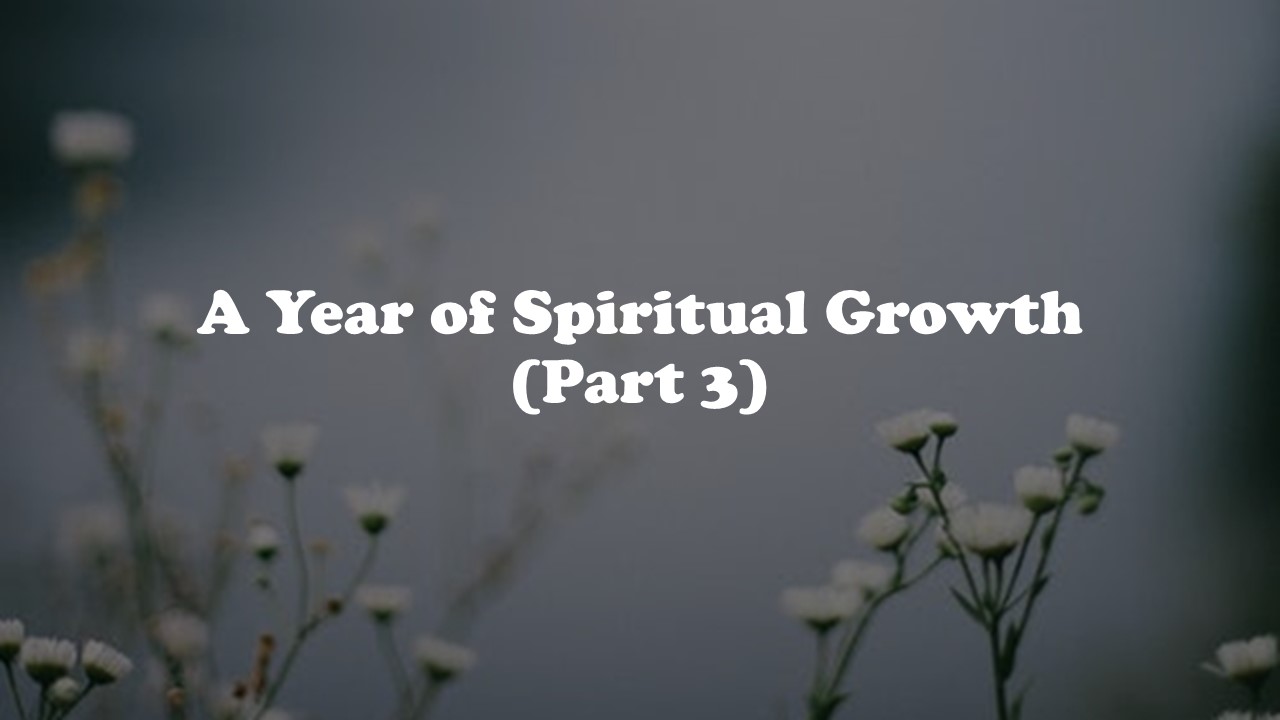In Jude 14-15, Jude cites a prophecy from Enoch, the seventh from Adam, to warn believers about the certainty of divine judgment. Jude’s use of Enoch’s prophecy illustrates God’s eternal plan to judge ungodliness, showing that no sin—whether in actions or words—will escape His justice. Enoch’s reference to the Lord coming with “thousands upon thousands of his holy ones” highlights the overwhelming power and authority of God’s judgment, as well as His purity, by associating His coming with the presence of His holy angels.
This prophecy is significant for Jude’s audience, who were facing the infiltration of false teachers leading others into ungodliness. Jude emphasizes that God’s judgment will address every ungodly deed and defiant word, holding accountable those who twist His grace and mock His truth. Jude’s message serves both as a warning for those who lead others astray and as a comfort for believers, assuring them that God will ultimately address wrongdoing, even if justice seems delayed.
For believers today, Jude’s message in verses 14-15 calls us to live with a deep awareness of God’s holiness and justice. Our actions and words matter profoundly, and we are encouraged to live lives that reflect God’s truth and to avoid any path of deception. This prophecy is both a warning and a promise that God’s justice will prevail, urging us to walk in righteousness and to place our hope in His unchanging character.

Psalm 131, a brief yet profound composition by David in the Songs of Ascents (Psalms 120-134), offers a lesson in humility and contentment. David's...

Martin Luther, the initiator of the Protestant Reformation, acknowledged the profound significance of the Psalms, highlighting their promise of Christ's death, resurrection, and the...

Today we continue our new series on what it will take for 2021 to be a year of spiritual growth with Part 3. We...